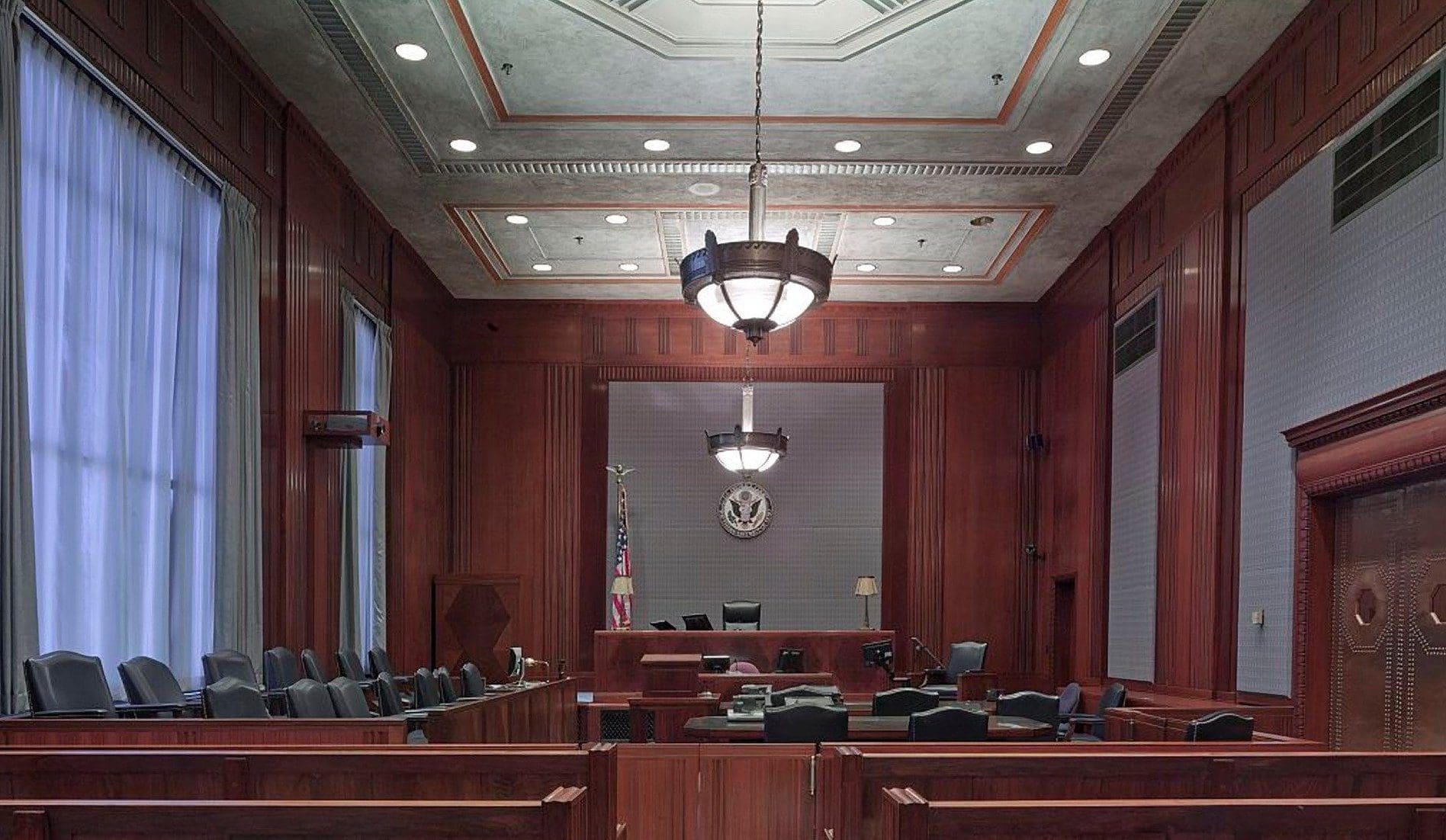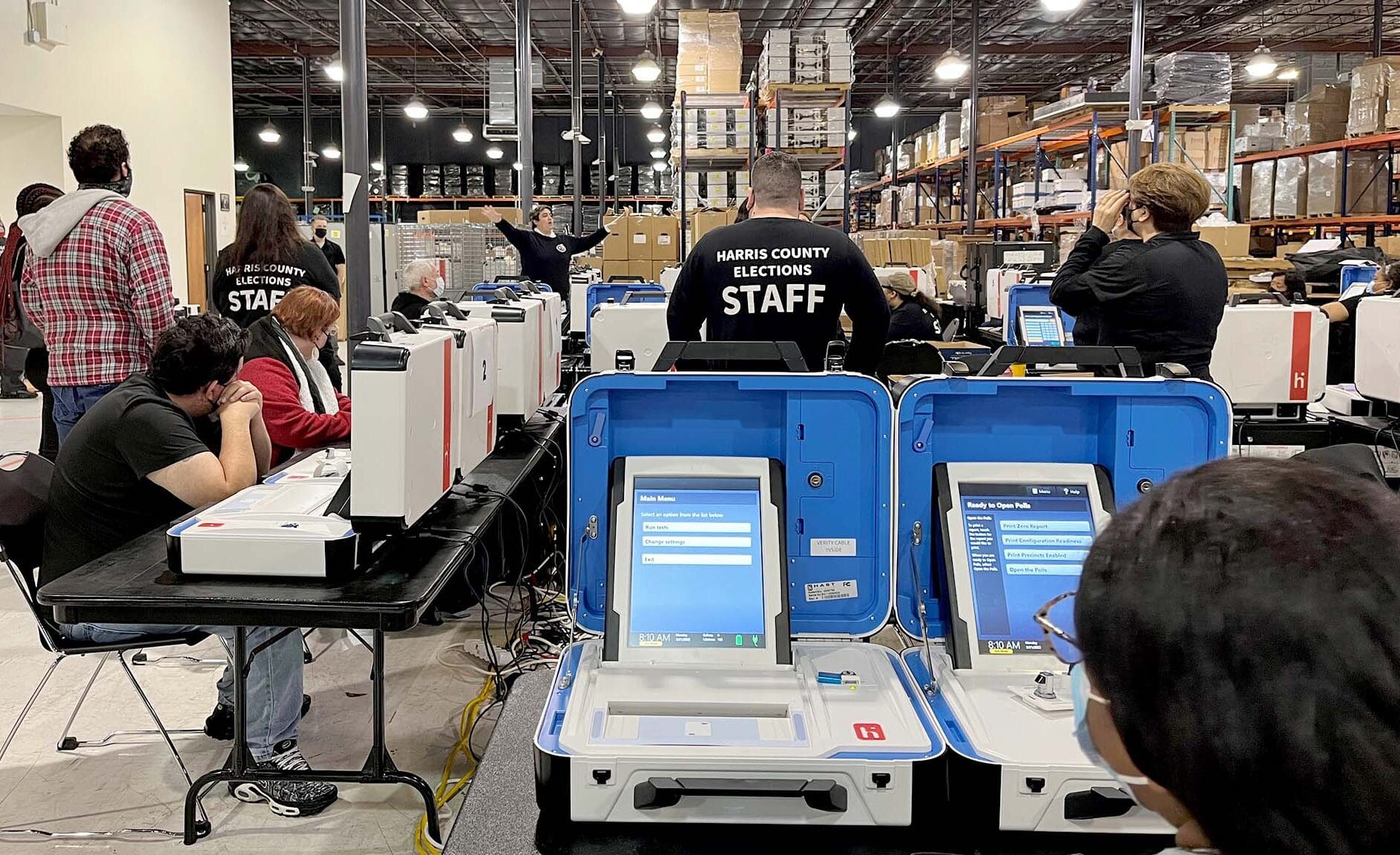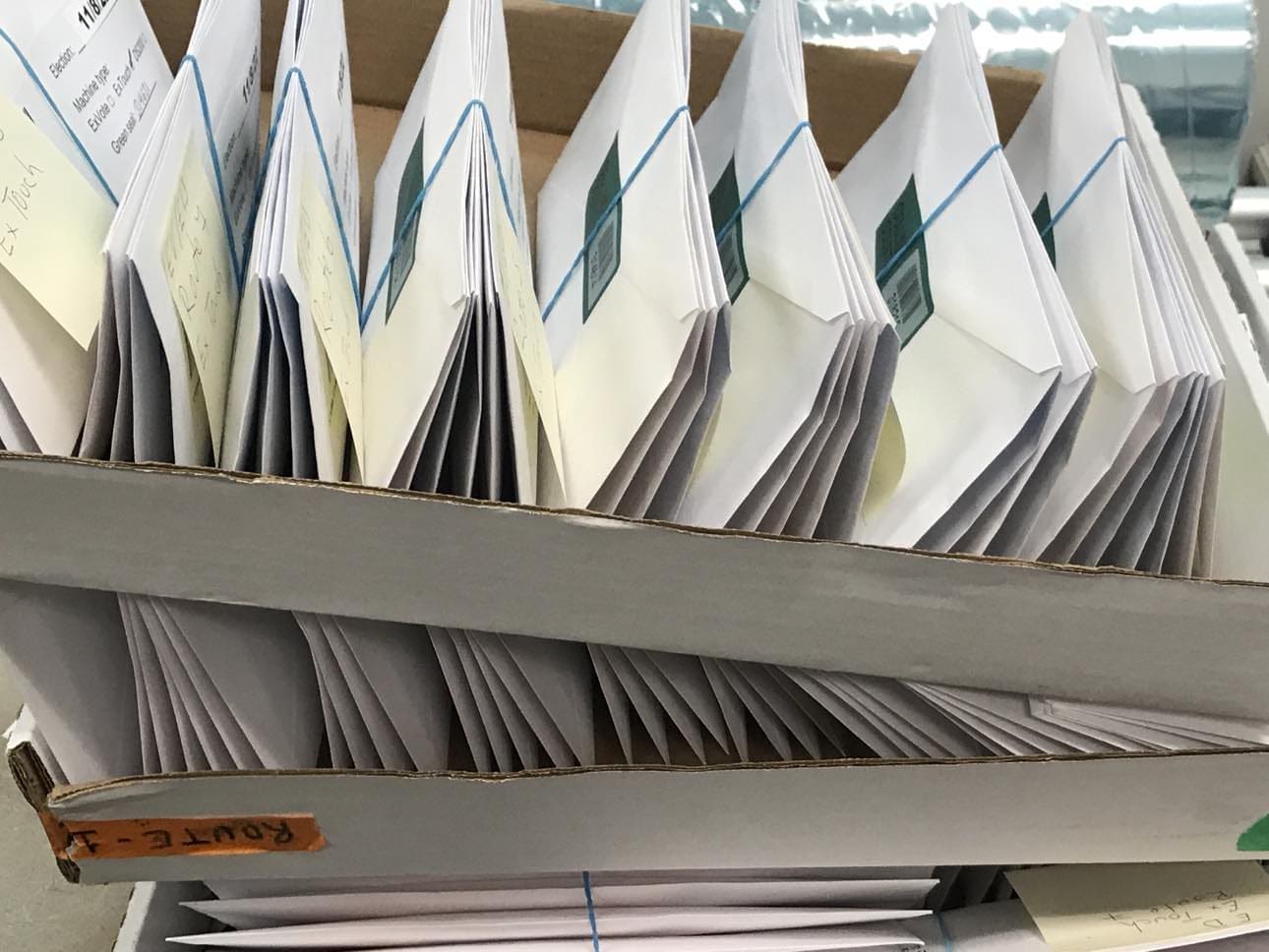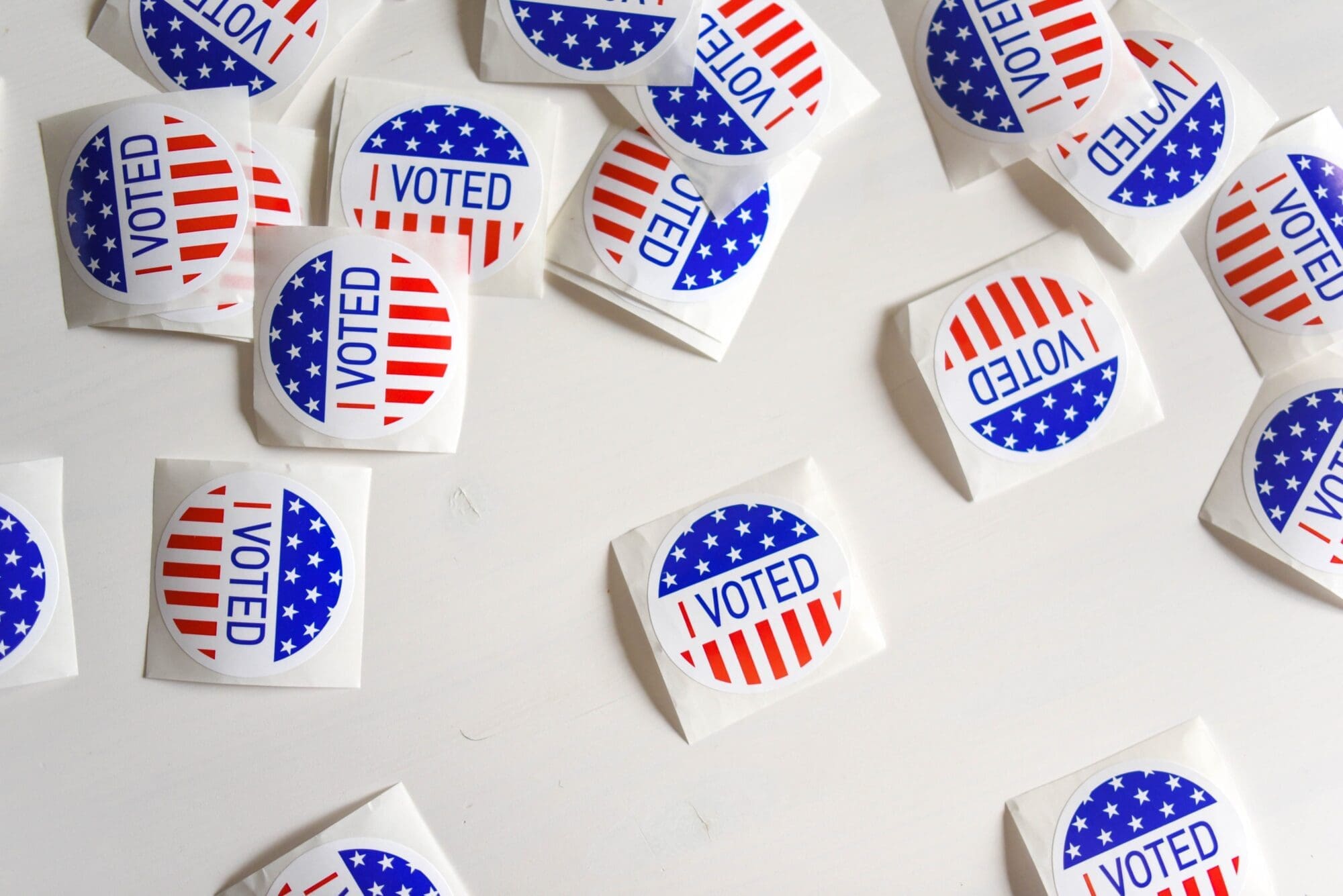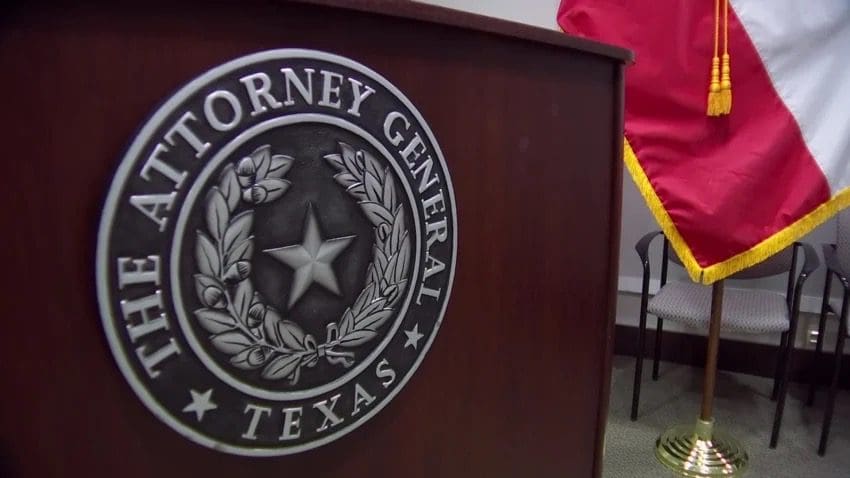Democrats and their allies on the left are deploying an army of attorneys to fight against Texas Republicans’ newly enacted election integrity law, hoping courts will do what they couldn’t accomplish via the legislative process.
It was a foregone conclusion that Democrats would try to stop whatever election reforms the Republican-led Legislature passed this session.
Strengthening election integrity was a top priority for Texas GOP voters and lawmakers heading into 2021, as similar reforms failed to pass in 2019, but Democrats vehemently opposed any measures to make voting more secure.
After months of demonizing Republicans’ proposals as “voter suppression” and “Jim Crow 2.0,” dozens of Democrat lawmakers temporarily blocked the bills by fleeing to D.C., breaking the quorum needed to pass laws.
But following unsuccessful attempts at persuading Congress to take control over state election laws, Texas Democrats eventually returned to Austin, and the Legislature passed a comprehensive election reform bill during the second special legislative session.
Republicans heralded Senate Bill 1 as making it “easy to vote, but hard to cheat.”
Almost immediately—just as Democrat lawmakers and lawyers at the state and national level had promised—left-wing groups began suing to block enforcement of SB 1, though it doesn’t go into effect until December 2.
In fact, the lawsuits started before the bill was even signed by the governor.
Lawsuits and Lawyers
Five federal lawsuits filed in September have now been consolidated into a single case that involves more than two dozen plaintiffs represented by at least 60 lawyers.
The suits claim various provisions of SB 1 violate the Voting Rights Act, the Americans with Disabilities Act, and the U.S. Constitution by making it disproportionately harder for minority and disabled voters to cast ballots.
A few individual voters are plaintiffs in the case, but most are Democrat-allied organizations like LULAC Texas, the League of Women Voters, Texas Organizing Project, statewide teachers’ union Texas AFT, FIEL Houston, and Workers Defense Action Fund.
Their army of lawyers features Marc Elias—counsel to top Democrat candidates like Hillary Clinton and Kamala Harris, as well as the Democratic National Committee—who specializes in attacking state voting laws like voter ID. Elias recently left his high-profile law firm, Perkins Coie, amid reported ties to the Steele dossier scandal and a new investigation by U.S. Attorney John Durham.
Dallas Democrat Domingo Garcia is also on the team. The car-accident attorney and former city council member is also the national president of LULAC (the League of United Latin American Citizens).
Other plaintiffs’ attorneys come from groups that routinely oppose election integrity laws in court: the Brennan Center in New York, the ACLU, MALDEF (Mexican American Legal Defense and Education Fund), and the NAACP.
Defendants
Facing off against the army of leftist lawyers, the Texas attorney general’s office is representing the governor, attorney general, and secretary of state—all named as state defendants.
They filed a motion this week seeking to dismiss the suit on a number of substantive and procedural grounds.
A handful of Democrat county election administrators were also named as defendants in LULAC’s suit, giving the appearance of a potentially collusive lawsuit in which the parties agree on the outcome, though such suits aren’t allowed in federal court. Election officials in Bexar, Dallas, El Paso, Harris, Hidalgo, and Travis are defendants in the consolidated case; Harris County Elections Administrator Isabel Longoria was also listed as a plaintiff in one of the original suits.
Intervenors
One outside group has stepped up to fight alongside Texas to protect its new voting laws.
Public Interest Legal Foundation, a conservative nonprofit law firm dedicated exclusively to election integrity, filed a motion earlier this month asking to intervene in the case.
“This is an attempt by the plaintiffs to weaponize the Voting Rights Act into a partisan tool and to remove power from the people of Texas to run their own elections,” said PILF President J. Christian Adams.
On Monday, the group released a statement saying 70 lawyers from eight law firms and 11 far-left organizations had filed attack briefs opposing PILF joining the lawsuit.
“The left is sending an army of attorneys to oppose us from joining the case because we are the best at defending election integrity in court,” Adams said.
Adams told Chris Salcedo on Newsmax that PILF can make arguments the state can’t, particularly ones highlighting weaknesses in Texas voting processes.
“This group of well-funded lawyers are trying to stop us from helping Texas because we will make legal arguments that will assist Texas,” Adams said. “The left spends millions of dollars on lawyers to undermine our election system.”
This week, four GOP groups also asked to join the suit in defense of SB 1: the Harris County Republican Party and Dallas County Republican Party, and the National Republican Congressional Committee and National Republican Senatorial Committee.
Congressional Inaction
While Democrat lawyers are challenging Texas’ election law in federal court, Democrats in Congress are pushing federal legislation that would stop SB 1 and similar laws in other states.
So far, those efforts have also failed.
Various measures to force Democrat-preferred voting rules onto all states, and to require federal pre-approval of all changes to state election laws, have passed the Democrat-controlled U.S. House but failed to gain enough support in the evenly split Senate.
This week, Dallas Morning News lamented Texas Democrats’ failure to either stop SB 1 in the state Legislature or to persuade Congress to do it for them, saying Democrats “have to do a better job of selling their concerns to voters.”
“Most Texans don’t have problems voting, whether at a polling place or by mail,” the article noted. “So when you call a plan Jim Crow 2.0, you have to back it up.”
Democrat lawyers will also have to do a better job of selling their arguments and backing up their claims in court.
Courts, Disparate Impact, and Fraud Prevention
A U.S. Supreme Court decision earlier this year will make it harder for Democrats to make their case against SB 1.
In a ruling against the Democratic National Committee that upheld an Arizona election integrity law, the Court made two key points:
First, “the mere fact that there is some disparity in impact” does not necessarily invalidate a state’s voting rule as discriminatory under Section 2 of the Voting Rights Act.
Second, a state’s “compelling interest in preserving the integrity of its election procedures” suffices to avoid liability under the VRA, and a state “may take action to prevent election fraud without waiting for it to occur within its own borders.”
In past court cases, Democrats have relied heavily on claims of disparate impact to prove discrimination, and argued that states haven’t shown fraud is widespread enough to merit preventive measures.
The consolidated case against SB 1 is in the court of U.S. District Judge Xavier Rodriguez, a Bush appointee who previously served on the Texas Supreme Court as a Republican.
The first pre-trial conference is scheduled for November 16.
